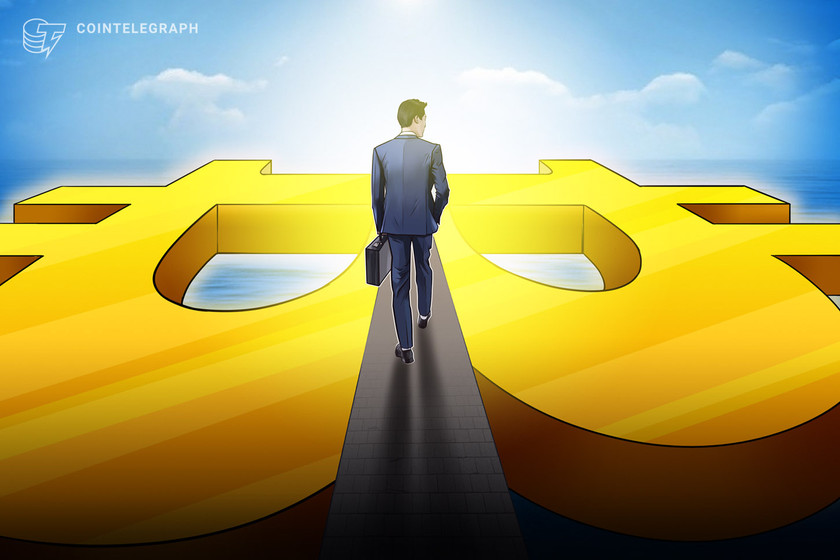Crypto needs ‘adult supervision’ and turmoil to ‘grow up’ — MicroStrategy co-founder


The bankruptcies of once high-profile crypto players are “painful” but helpful, according to Michael Saylor, but industry oversight is still needed.
High-profile crypto bankruptcies and a hearty price crash are necessary evils to help the industry grow, while greater regulation is a must, according to MicroStrategy co-founder Michael Saylor.
In a Feb. 3 interview on CNBC’s Squawk on the Street, Saylor opined on potential incoming United States crypto regulation after the bankruptcy of FTX, saying:
“The crypto meltdown was painful in the short term, but it’s necessary over the long term for the industry to grow up.”
He added the industry “has some good ideas” — implying one was Bitcoin (BTC) Lightning Network — but added some in the space “implemented those good ideas in an irresponsible fashion.”
Today’s interview with @MorganLBrennan covered the success of @MicroStrategy, global adoption of #Bitcoin and #Lightning⚡️, the evolution of the crypto industry, and the digital transformation of money. pic.twitter.com/bEnLOVbpiJ
— Michael Saylor⚡️ (@saylor) February 3, 2023
Saylor said the crypto space needs direction from entities long-involved in the traditional financial markets and input from regulators — in particular the United States Securities and Exchange Commission (SEC).
“What [the industry] needs is adult supervision. It needs the Goldman Sachs and the Morgan Stanleys and the BlackRocks to come into the industry. It needs clear guidelines from Congress. It needs clear rules of the road from the SEC.”
This “meltdown,” according to Saylor, educated many on crypto while simultaneously revealing that it’s “time for the world to provide a constructive, transparent framework for digital assets” so the financial system can move “into the 21st century.”
Saylor on Munger’s crypto criticism
Saylor also responded to criticisms leveled by Charlie Munger, the vice chair of insurance and investment firm Berkshire Hathaway, saying the 99-year-old investment veteran should take time to study Bitcoin.
On Feb. 1, Munger opined that crypto is “not a currency, not a commodity and not a security” instead calling it “gambling” and arguing that the U.S. should “obviously” bring in laws to ban crypto.
Related: Film review: ‘Human B’ shows a personal journey with Bitcoin
Saylor agreed Munger’s crypto-criticism wasn’t “totally off” but there are “10,000 crypto tokens which aren’t gambling,” adding:
“Charlie and the other critics, they’re members of the Western elite and they’re continually prodded for an opinion on Bitcoin and they haven’t had the time to study it.”
He added if Munger “spent 100 hours studying” Bitcoin then “he would be more bullish on Bitcoin than I am.”
Saylor pointed to emerging markets such as Lebanon, Argentina and Nigeria which have high crypto-use rates and use cases spanning from inflation hedging to remittances.
“I’ve never really met someone […] that spent some time to think about it that wasn’t enthusiastic about Bitcoin.”











